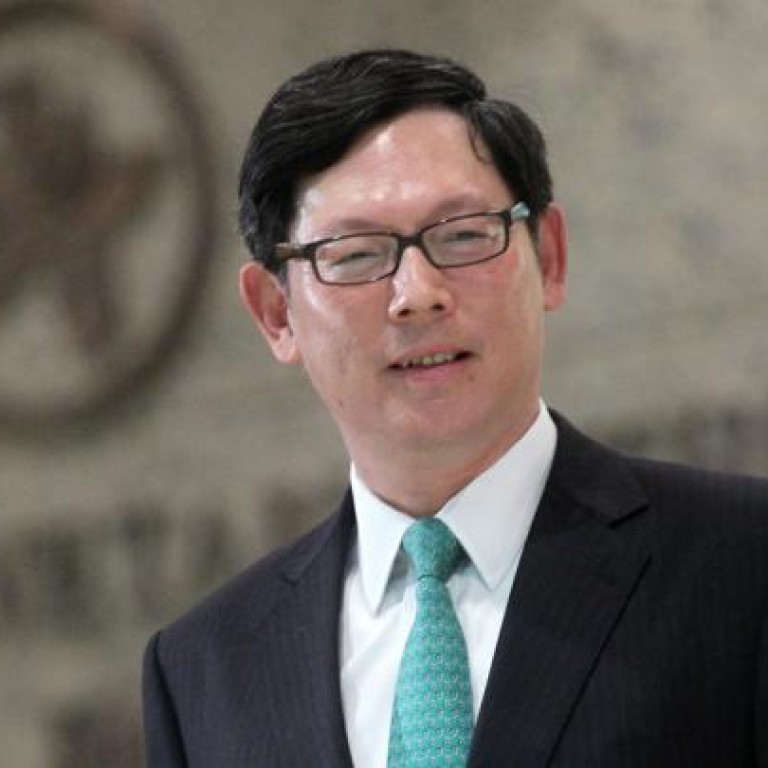
Property tightening measures break new ground, say bankers
Bankers say the HKMA's latest steps against property speculation will reduce their risks but may not do much to bring down housing prices
Bankers said last night that the Hong Kong Monetary Authority's new rules for mortgages would help reduce their lending risks but might not succeed in bringing down property prices.
This is the sixth round of measures taken by the HKMA to rein in housing prices since 2009, but the steps announced yesterday by its chief executive, Norman Chan Tak-lam, are the first to focus on mortgages for non-residential property.
Steps announced in the previous round of tightening, in September, were designed to make it less easy to obtain a mortgage on a second home.
Prior to that, all the measures taken had targeted buyers of luxury homes.
Chan said Hong Kong faced "an extremely unusual macro-monetary environment" in which many overseas governments had introduced quantitative easing to keep interest rates low to boost their economy, resulting in a flood of liquidity.
Mortgage interest rates now stand at 2 per cent, down from 10 per cent in 1997, and some borrowers may not be able to repay their loans when interest rates go up and property prices fall.
"This could have serious consequences for the well-being of those families in the coming years," Chan said.
This could have serious consequences for the well-being of those families in the coming years
When the government introduced a stamp duty of 15 per cent for non-permanent-resident and corporate buyers, and extended duties on quick home resales, in October, speculators turned to car-parking spaces and commercial and industrial properties because these were not subject to the duties.
Under the measures announced yesterday, banks must test borrowers' ability to repay mortgages on the assumption that interest rates will go up by 3 percentage points, instead of 2 percentage points at present.
The maximum loan-to-value ratio for all commercial and industrial properties will be lowered by 10 percentage points.
Mortgages for car-parking spaces are to be capped at 40 per cent of their value instead of 50 per cent, and can last only 15 years, down from 20.
Under the new Basel III rules banks have to hold more capital to support their mortgage lending. HKMA deputy chief executive Arthur Yuen said Hong Kong lenders were well capitalised to cope with the change, but bankers said some may price their mortgage loans higher as a result.
Hang Seng Bank executive director Andrew Fung Hau-chung said the new measures would reduce risks for banks, but few borrowers would be affected. "If interest rates go up to about 5 per cent, many people can still afford it," he said. Another banker said the measures would not bring prices down, adding: "Some property investors are so rich they do not need to borrow."
Benjamin Hung Pi-cheng, chairman of the Hong Kong Association of Banks, said the sector would like the government to target speculators, not end-users.
Meanwhile, the Hong Kong Mortgage Corporation said only mortgage loans for properties valued at HK$4 million or less will be eligible for the maximum insurance cover of 90 per cent, down from HK$6 million.

